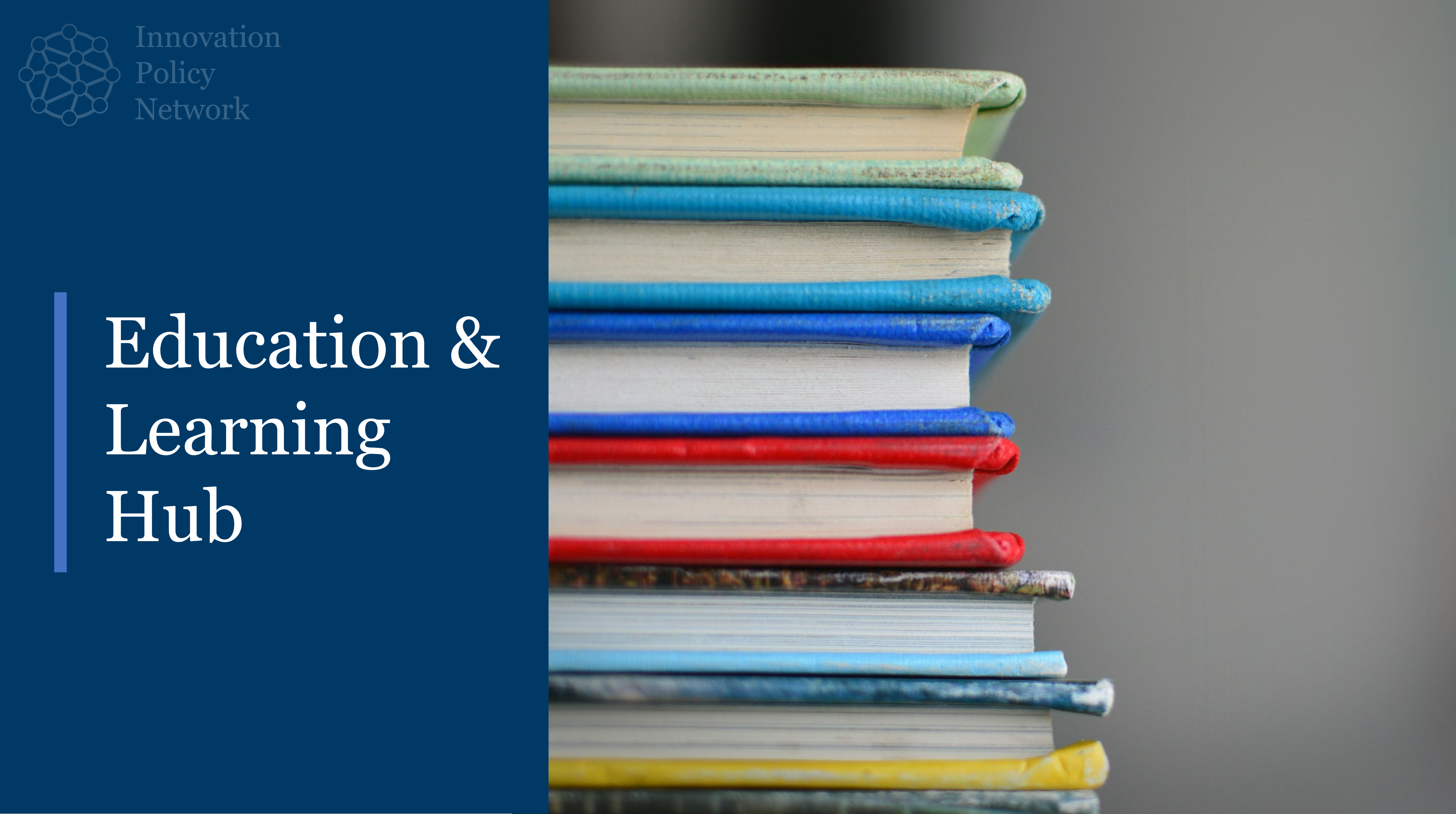The Education and Learning Hub is a dedicated research and development center focused on advancing educational practices, policies, and technologies. In a rapidly changing world, where knowledge and skills are the keys to individual and societal success, the hub aims to explore and promote innovative approaches to education that are both inclusive and effective.
This hub serves as a platform for interdisciplinary research, policy analysis, and the dissemination of best practices in education. It is committed to addressing the diverse challenges faced by educational systems globally, from early childhood education to higher education and lifelong learning. The hub’s work is grounded in the belief that quality education is a fundamental right and a critical driver of economic development and social progress.
Key areas of research and development include educational technology (EdTech), curriculum innovation, teacher training and professional development, inclusive education practices, education policy and reform, and the impact of education on social equity and economic mobility.
The Education and Learning Hub collaborates with educators, policymakers, researchers, and technology providers to create a dynamic environment where ideas can be exchanged and new strategies can be developed. Through its research, policy recommendations, and educational programs, the hub aims to inspire transformative change in education systems around the world, ensuring that learning opportunities are accessible, equitable, and relevant for all.

Areas of Analysis
Educational Technology (EdTech): This area focuses on the integration and impact of technology in education, including the development and use of digital tools, online learning platforms, artificial intelligence in education, and the role of technology in enhancing student engagement and outcomes.
Curriculum Innovation: Research in this area explores new approaches to curriculum design and delivery, including interdisciplinary learning, project-based learning, and the incorporation of 21st-century skills such as critical thinking, creativity, and digital literacy.
Teacher Training and Professional Development: This area examines best practices in teacher education and ongoing professional development. It includes research on effective teaching strategies, leadership training, and the use of technology in supporting teachers’ continuous learning.
Inclusive Education Practices: Focuses on strategies to ensure that education systems are inclusive and accessible to all students, regardless of their background, abilities, or socioeconomic status. This area includes research on special education, diversity, equity, and the implementation of universal design for learning (UDL) principles.
Education Policy and Reform: Investigates the development, implementation, and impact of education policies at local, national, and international levels. This area includes studies on policy innovation, governance, funding models, and the role of education in addressing social and economic inequalities.
Assessment and Learning Outcomes: This area focuses on the development and evaluation of assessment methods to measure student learning and educational effectiveness. It includes research on formative and summative assessments, standardized testing, and alternative assessment strategies such as portfolios and performance tasks.
Early Childhood Education: Examines the critical early years of education, focusing on best practices in early childhood development, early learning standards, and the impact of early education on long-term academic and social outcomes.
Higher Education and Lifelong Learning: Explores the challenges and opportunities in higher education and adult learning, including research on university governance, access to higher education, lifelong learning initiatives, and the role of higher education in workforce development.
Global Education and Comparative Studies: This area focuses on cross-cultural and international perspectives on education, including comparative studies of education systems, the role of global education organizations, and the impact of globalization on education practices and policies.
Social Equity and Economic Mobility through Education: Investigates the role of education in promoting social equity and economic mobility. This includes research on education’s impact on reducing poverty, addressing inequality, and providing opportunities for upward mobility.